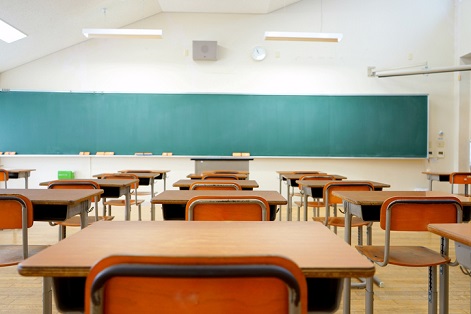
Literacy is embedded in all areas of the curriculum, encompassing the knowledge and skills students need to make meaning, express thoughts and emotions, present ideas and opinions, interact with others and participate in activities at school and beyond.
As we move further into the age of information, the term literacy has moved beyond its old definition of the ability to read and write and new ways of teaching literacy are continuingly being developed, making literacy in the modern classroom an ever more important part of the schooling experience.
It’s because of this leading educational shows like the upcoming National Education Summit are making literacy a key pillar of their events.
Running from 31 August – 1 September at the Melbourne Convention & Exhibition Centre, the National Education Summit is made up of conferences, masterclasses and The Education Show, a FREE trade expo featuring 100+ leading businesses and organisations exhibiting the latest resources, services, products and technology.
Principals, school leaders, business managers and educators from K-12 can sign up to attend the Summit’s Literacy Conference where experts from Griffith University and Victoria University will deliver workshop style sessions aimed at providing strategies to implement activity based learning and coding literacy in the classroom.
The first session, Playing with Grammar for Reading and Writing will see Griffith University’s Beryl Exley take participants through the ins and outs of activity based learning and engage in eight activities to explore reading and writing of:
- prepositional phrases
- ellipses
- saying and thinking verbs
- noun groups
- grammatical mood
- figurative language
The Literacy Conference’s second session looks at Coding as a Real Thing with Professor Chris Walsh of Victoria University Online.
Victoria has already introduced Digital Technologies to the curriculum and in NSW, Education Minister Rob Stokes recently announced that coding will be compulsory in Primary Schools by term 1 2019. With the Regional Australia Institute forecasting that 1 in 2 Australian jobs will require high-level programming, coding and software skills in 2030, there is a growing appreciation of the merit in teaching students these skills from a young age.
If digital literacy is now the fourth pillar of a child’s education alongside reading, writing and mathematics it makes sense that education providers have the tools necessary to provide and understanding of digital literacy to their students.
Professor Walsh is Vice President of the Australian Literacy Educators’ Association (ALEA) and knows which languages work well for teaching introductory programming. He teaches strategies for teaching coding literacy without technology, with robots and with mobile devices and popular apps. His session will explore how teachers can include coding literacy, with and without technology, through hands‐on inquiry‐based projects for early years and primary classrooms.
In addition to advancing understandings of activity based literacy learning and digital literacy in the modern Australian classroom, The National Education Summit’s free trade expo, The Education Show brings together leading programs, Thrass, Seven Steps and the Learning Staircase.
To register for tickets to the National Education Summit head to www.nationaleducationsummit.com.au (group bookings available)
Event Info:
What: National Education Summit
Where: Melbourne Convention & Exhibition Centre, 1 Convention Centre Pl, South Wharf VIC 3006
When: Friday 31 August – September 1, 2018
More Info: www.nationaleducationsummit.com.au


